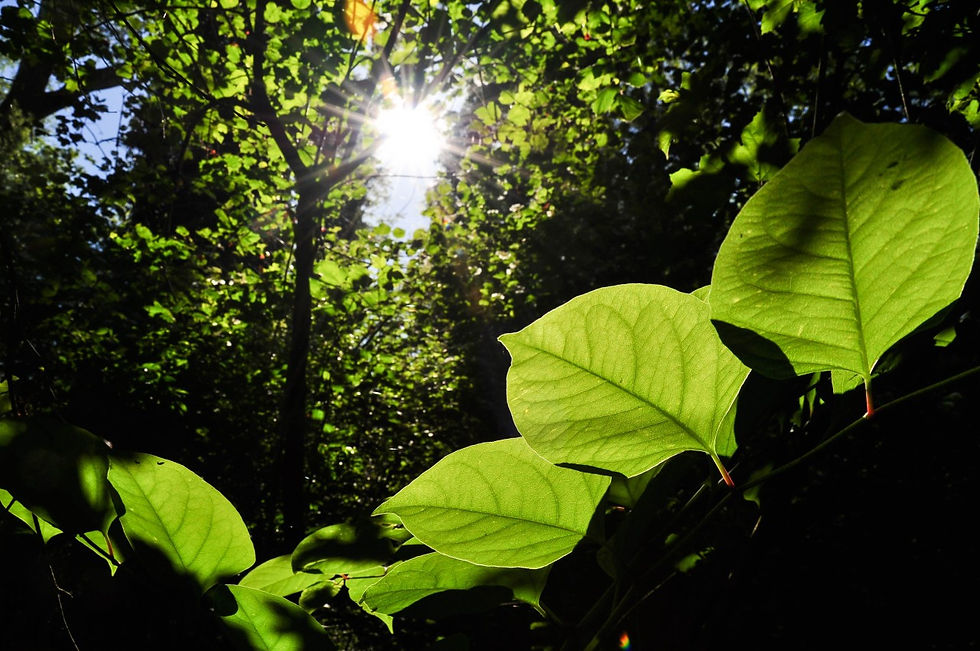Growthwashing: Is the Government's New Nature Levy a Threat to Our Cities?
- Rico Naylor

- Jul 14, 2025
- 2 min read
Updated: Jul 15, 2025
A new government proposal, confirmed in the Planning and Infrastructure Bill, presents a seemingly neat solution to balancing development with environmental protection: a single levy paid by developers into a "Nature Restoration Fund" in lieu of on-site biodiversity mitigation.

It promises to “streamline” a complex process. However, a new report from leading UK ecology consultancy, Arbtech, warns that this approach could have "catastrophic consequences" for urban communities, putting the UK's local green spaces and nature at severe risk.
The Local vs. The Abstract: A Flawed Transaction
At the heart of the issue is the fundamental difference between local, accessible nature and distant, abstract conservation.

Robert Oates, CEO of Arbtech, argues that the government's proposal risks becoming a "growthwashing" exercise, where tangible local biodiversity is sacrificed for a transactional payment.
"When developments replace local green spaces, they remove the possibility for low-income communities already under-served by access to nature to enjoy its immediate and tangible benefits," Oates explains. "A single, one-time payment into an abstract mechanism... does not compensate for the immediate and very real biodiversity loss."
The report, titled ‘Growthwashing: Why a Nature Restoration Fund could be the worst thing to happen in ESG….Ever’, warns that this policy could lead to "the creation of a few large nature reserves somewhere else in the... country," which does nothing to protect or reinstate the small patches of woodland, wetlands, or community gardens in the very areas where they are lost.
The Human Cost: Health, Well-being, and Inequality
This isn't just an ecological issue; it's a matter of social equity. The report highlights that urban and lower-income neighbourhoods, which are not as well safeguarded by regulations like the green belt, will be disproportionately affected.
Arbtech references multiple studies, including an ONS report titled ‘A million fewer people are gaining health benefits from nature since 2020’, to underscore the proven link between access to nature and improved mental and physical health.
By removing these vital local green spaces, Oates argues, the policy risks intensifying existing inequalities.
"Lower-income families already face higher rates of poor health, reduced access to quality healthcare, and greater exposure to pollution. If their communities lose more natural spaces, these existing and very real inequalities will intensify."
A Call for Accountability on Growthwashing
Beyond the social and environmental impact, the report raises serious concerns about the governance and transparency of the proposed fund itself.
Without appropriate oversight from bodies like the Office for Environmental Protection, questions arise about how the capital would be invested and whether small businesses can benefit from a transparent procurement process.
As Oates concludes, transforming nature recovery into a "transactional, box-ticking exercise with zero accountability" means "both nature and our communities become collateral damage in the relentless pursuit of 'growth'".
This report from Arbtech serves as a critical warning to the industry. It frames the debate not just around planning policy, but around the very future of our urban communities and the well-being of their residents.
CRE Insider will be following this issue closely, bringing together the voices of developers, planners, and policymakers to explore a better way forward.



Comments